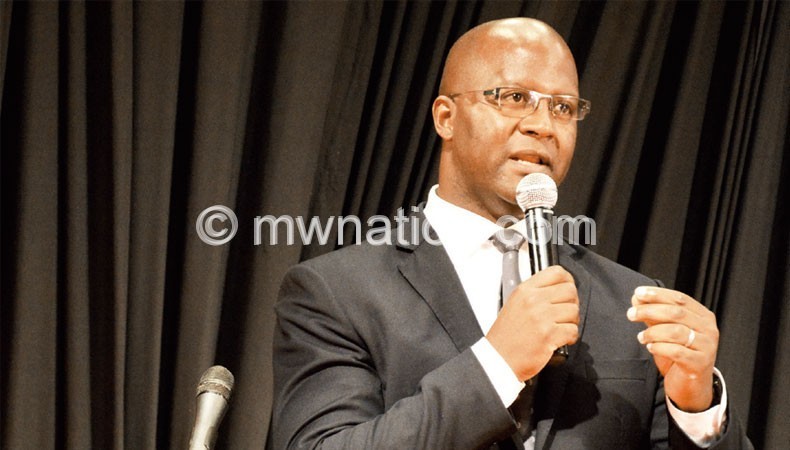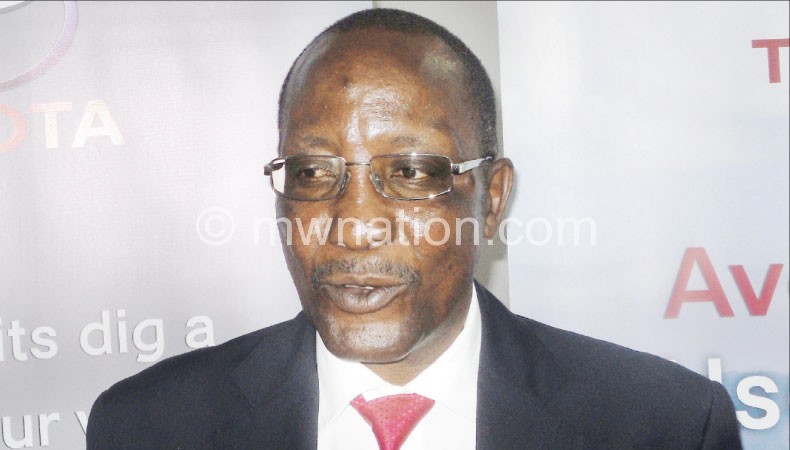Harnessing resource wealth to reduce poverty
It is not always good news for natural resource-rich countries. Apart from environment degradation—dust and oil spills—the money from the lucrative extractive industry may all disappear to the foreign companies leaving locals even poorer.
However, analysts argue that citizens stand to benefit from wealth in natural resources, including oil, gas and minerals if countries ensure that the locals get a fairer share of the investments in the sector and ensure transparency in contract negotiations.

Against the backdrop of a booming sector, analysts and activists have cried foul over some of the contracts that Malawi negotiated, including Kayerekera’s Paladin Africa Limited agreement in which government has 15 percent stake—which is far below what other companies offer in the region.
Institute for Policy Interaction (IPI) executive director Rafik Hajat has always argued for Malawi’s laws to clearly stipulate how the country engages with investors in the extractive industry—minerals, oil and gas—by providing for local participation and to avoid suspicion of corruption.
He said laws must ensure that companies that invest in the extractive sector provide for local participation as the case has been in other countries, including Tanzania and Zimbabwe.
Hajat said to ensure that locals participate in the extractive industry, the investors must be required by statute to list on the Malawi Stock Exchange (MSE) and offer a certain amount of shares to the public within a particular time.
Apparently setting the pace, recently Malawi’s neighbour, Tanzania, announced its first Initial Public Offer (IPO) by an energy company.
Swala Energy announced the offer which will see the public benefit from the purchase of about 9.6 million ordinary shares.

Swala, an energy company with operations in Kenya, Zambia and Tanzania became the first oil and gas company to list on the Dar es Salaam Stock Exchange.
Government authorities lauded the move, noting that locals would be given an opportunity to participate in the oil and gas business.
Swala chief executive officer David Ridge in a press statement said that the official launch of the IPO is a great step for Tanzania and its people.
He noted that investing in oil and gas shares is a means for economic diversification for any individual and it allows interested parties to own a stake in the fast-growing business.
Backing the call for local participation in the sector, Economic Empowerment Action Group (Eaag) president Lewis Chiwalo in an interview on Friday said the country needs to protect the sector to fully benefit locals.
“Government needs to protect the extractive sector to ensure that locals benefit from the resources. Investors should be required to include locals in their investments,” he said, while calling for the building of capacity of locals, including small-scale and artisan miners to take part in the investment.
But some experts caution that being harsh to investors may also distract investment attraction bearing in mind the low levels that Malawi enjoys.
According to available statistics, Malawi underperformed in the attraction of Foreign Direct Investment (FDI) in 2013 with the country earning about $118 million which is approximately 10 percent lower than the previous year’s level of $129 million.
According to the report, neighbouring Mozambique attracted $5.9 billion, Zambia $1.8 billion while Tanzania lured $1.9 billion, a feat that is attributed to investments in the extractive industry.
The report further said in 2007, FDI inflows into Malawi stood at $124 million rose to $195 million in 2008, slumped to $49 million in 2009, picked to $97 million in 2010, before jumping to $129 in 2011 and 2012.
So how should Malawi juggle the two—better investment levels and local participation.
Minister of Natural Resources, Energy and Mining Atupele Muluzi recently said for mining to make tangible economic contribution to the country’s economic growth, there is need for concerted efforts, consistent and spirited efforts towards promotion of sustainable mining.
Last year, Malawi launched the Mines and Minerals Policy which seeks to improve local participation in the sector while at the same time raising the sector’s contribution to gross domestic product (GDP) to about 20 percent by the year 2016 from the current 10 percent.
The objectives of the policy include promotion and development of the sector and contribution to socio-economic development of the country including poverty reduction and sustainable development.
A few weeks back, players in the industry converged on Lilongwe to provide input into the Mines and Minerals Act of 1981 which is considered by many to be archaic.





